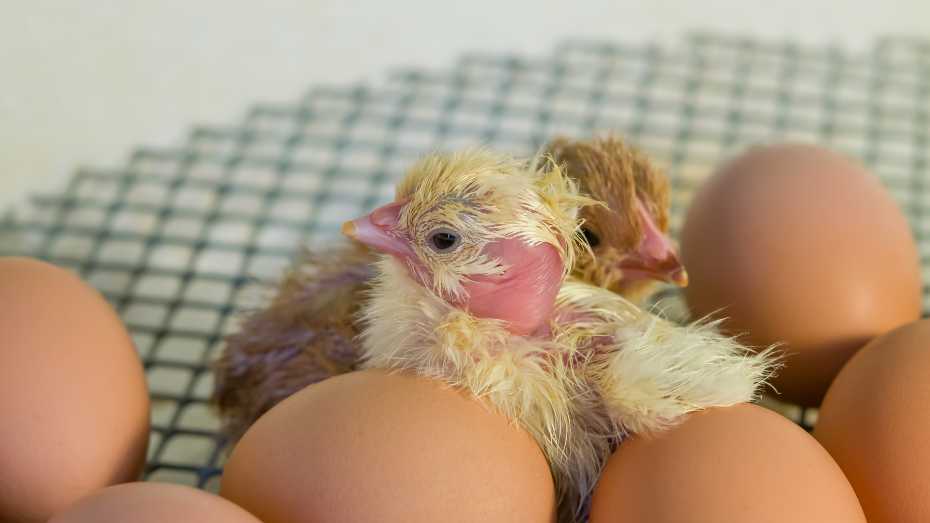In this article, we’ll explore the wonderful world of raising ducks in your own backyard. If you’ve ever dreamt of having a small flock of these charming feathered friends waddling around your garden, this guide is for you. We’ll cover everything you need to know to get started, from choosing the right duck breeds to creating a safe and comfortable environment for them. Let’s dive in!
1. Selecting the Right Duck Breed
Choosing Ducks for Beginners
Before you embark on your duck-raising journey, it’s crucial to choose the right breed. For beginners, it’s wise to start with breeds known for their friendly and docile nature. Pekin ducks and Khaki Campbells are excellent options.
The Most Popular Duck Breeds for Backyards
- Pekin Ducks: These all-white ducks are friendly, great layers, and perfect for meat.
- Khaki Campbell Ducks: Known for their excellent egg-laying capabilities.
- Indian Runner Ducks: Unique upright stance, excellent egg layers.
- Muscovy Ducks: Quiet and calm, great for meat and eggs.
2. Preparing a Suitable Living Space
Creating a Cozy Duck House
Ducks require a safe and warm shelter. Ensure your duck house is well-ventilated, predator-proof, and has easy access for cleaning. Ducks are messy, so make cleaning a breeze.
Designing a Duck-Friendly Pond or Pool
Ducks love water! Create a small pond or kiddie pool in your backyard. Ducks will enjoy splashing and cleaning themselves. Just remember to change the water regularly.
3. Feeding Ducks: What to Offer
Nutritional Needs of Ducks
Ducks need a balanced diet of grains, greens, and high-quality duck feed. A diet rich in vitamins and minerals ensures their health and productivity.
Do’s and Don’ts of Duck Diet
Do provide clean water, grit, and oyster shells. Don’t feed them bread, as it’s not nutritionally adequate for ducks and can harm them.
4. Ensuring Proper Health and Care
Routine Health Checkups
Regular vet check-ups are essential. Watch for signs of illness, and keep an eye on their feet and beaks. Trim overgrown beaks to prevent issues.
Protection from Predators
Install fencing and night shelters to protect your ducks from predators like foxes, raccoons, and birds of prey. Safety is a top priority.
5. Daily Interactions and Socialization
The Importance of Social Ducks
Ducks thrive on social interactions. Spend time with them, talk to them, and offer treats to build trust and rapport.
Raising Ducklings
If you decide to hatch ducklings, be prepared to provide extra care and warmth. Ducklings are fragile and need a loving environment.
6. Duck Behavior and Communication
Quacks, Waddles, and More
Ducks communicate through various quacks, body language, and waddles. Understanding their signals helps you respond to their needs.
Understanding Your Ducks
Observe your ducks to understand their personalities and preferences. Each duck is unique and has its own quirks.
7. Duck Egg Collection and Handling
Gathering Fresh Duck Eggs
Collect eggs daily to ensure freshness. Ducks usually lay in the morning, so it’s the best time to check for eggs.
Storing and Cooking Duck Eggs
Duck eggs are larger than chicken eggs and have a richer taste. Store them in the refrigerator, and try them in various recipes like omelets and baking.
8. Ducks as Garden Helpers
Ducks as Pest Controllers
Ducks are excellent for pest control in your garden. They eat slugs, snails, and insects, making your garden a safer place for plants.
Garden-Friendly Ducks
Some duck breeds are more garden-friendly than others. Consider breeds like Indian Runners, as they are less likely to damage your plants.
9. Environmental Impact and Regulations
Environmental Considerations
Be mindful of your ducks’ environmental impact. Proper waste disposal and maintaining clean water bodies are essential for environmental harmony.
Local Regulations on Raising Ducks
Check local regulations regarding raising ducks. Some areas may have restrictions or specific requirements to keep ducks in your backyard.
10. Conclusion: A Feathered Adventure Awaits
Raising ducks in your backyard is a delightful and rewarding experience. As you embark on this feathered adventure, remember to choose the right breed, create a safe habitat, and provide proper care. Ducks are not just pets; they become beloved members of your family. Enjoy the quacks, the waddles, and the fresh eggs – a world of duck wonders awaits you.
Frequently Asked Questions
Yes, you can raise ducks in a small backyard. Just ensure they have enough space to roam and access to clean water.
Ducks should have access to food and water at all times. They graze throughout the day, so keep their feeders filled.
Ducks can be noisy, especially when they’re excited or scared. However, most duck breeds are quieter than roosters.
There are several reasons for a drop in egg production. Ensure their diet is balanced and that they are not stressed.
Ducks are generally good with children and other pets. Supervision is essential, especially if you have dogs or cats.
In conclusion, raising ducks can be a truly rewarding experience. These feathered companions not only bring joy and entertainment to your backyard but also provide you with fresh




